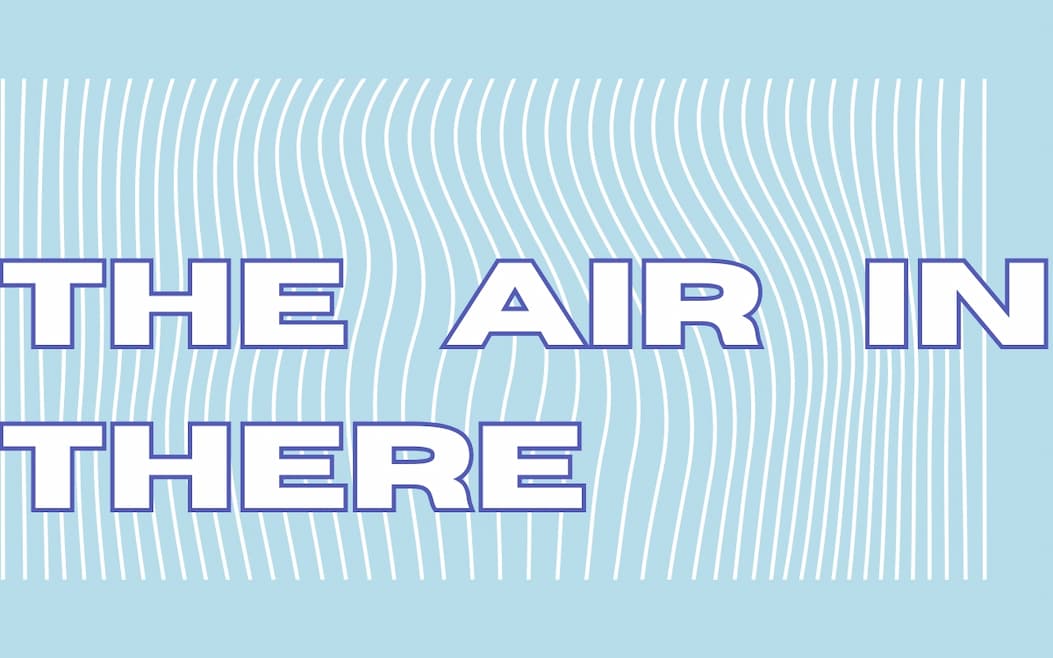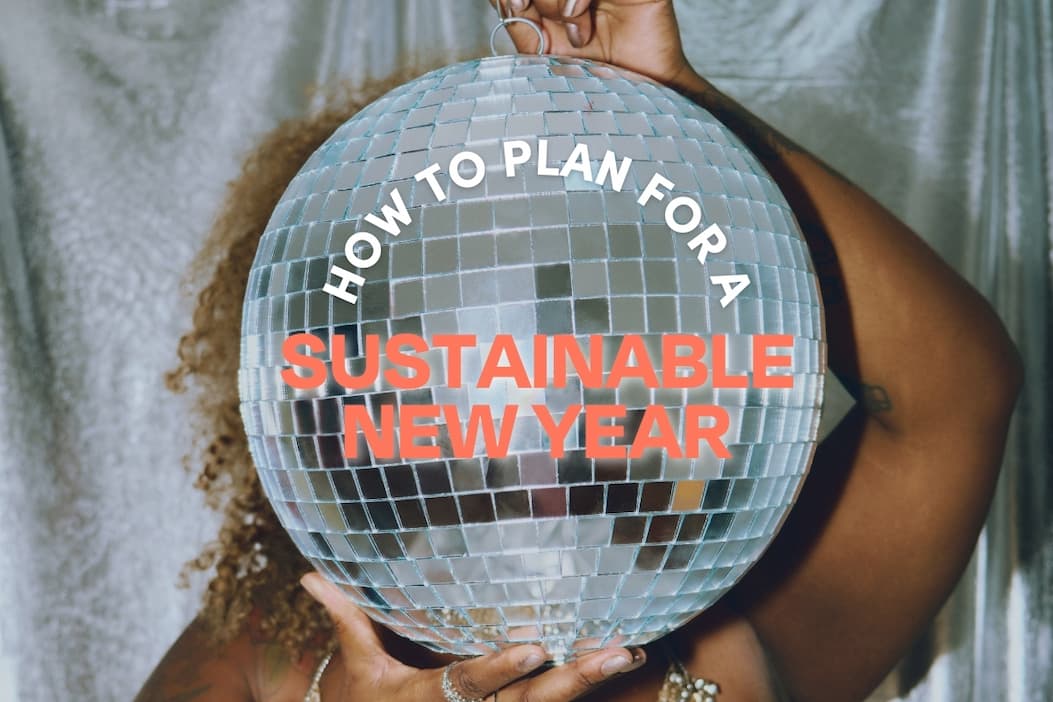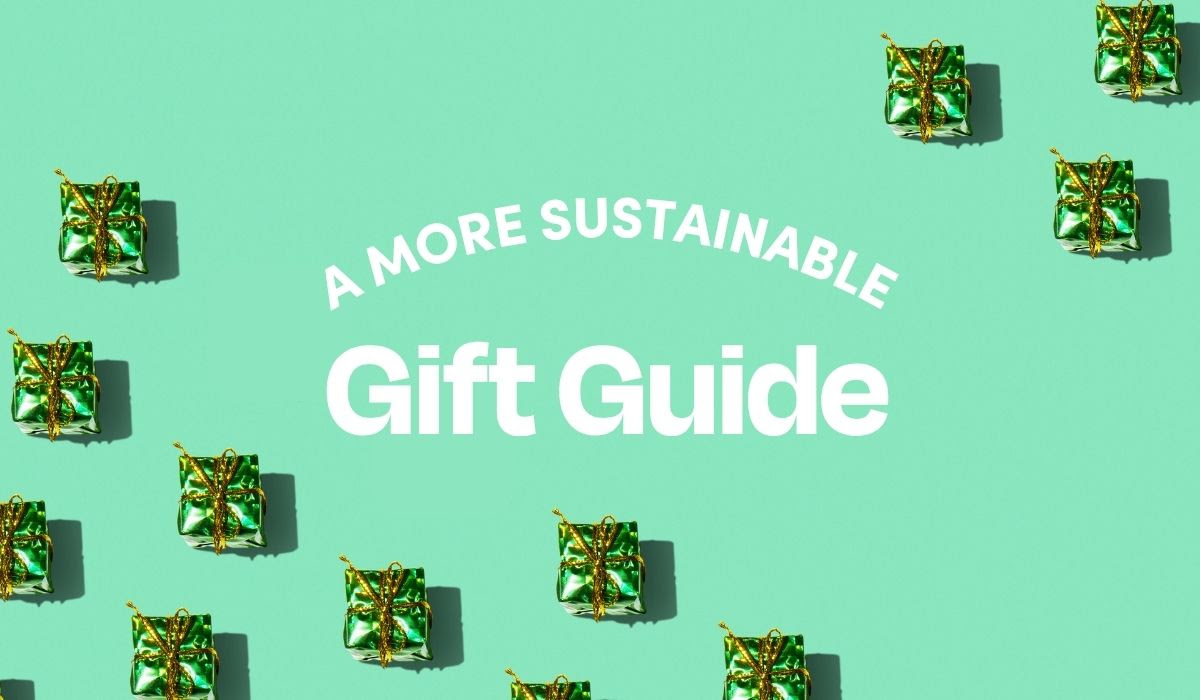Waste-Free (or commonly called Zero Waste)
How Do You Define ‘Waste-Free’?
The global standard to be certified as ‘zero waste’ is actually 90% diversion from landfill.
While many people claim things are ‘waste-free’ or ‘zero waste’, there’s only one internationally-recognized and peer-reviewed definition here and it’s from the Zero Waste International Alliance (ZWIA). ZWIA defines ‘zero waste’ as “the conservation of all resources by means of responsible production, consumption, reuse, and recovery of products, packaging, and materials without burning and with no discharges to land, water, or air that threaten the environment or human health.”
--
Is it regulated? Not really, but there is an internationally-recognized, peer-reviewed definition for ‘zero waste’.
Does Finch use it? Only once we’ve considered all steps in the product’s life cycle and when we’re referring to the ZWIA definition.
Want a memory trick? Eliminating the idea of waste all together is a real challenge, so the global standard to be certified as ‘zero waste’ is actually 90% diversion from landfill (aka there’s still some waste, even when something is zero waste…).
---
Can a Product Be Waste-Free?
Oftentimes when a product claims to be waste-free, it doesn’t mean very much. Unless you’re seeing an in-depth explanation as to how the product is eliminating waste from its value chain, it’s likely a marketing ploy. And what about all those companies that make zero waste claims, like Colgate-Palmolive, REI, and Tesla? These companies have reliable, vetted TRUE certifications, but those certifications are for their facilities, NOT their products. To get certified, there are a lot of requirements that are verified, and companies have to divert at least 90% of waste away from landfills -- that means that after measuring all the stuff that comes into a building over the course of a year, more than 90% of it is reused, recycled, or composted.
For a product to be waste-free, it would mean that all the materials that went into making the product are used again, diverted from landfill, and kept out of the environment. That’s an extremely high bar and almost impossible to verify because of how opaque many supply chains are -- that’s why it’s much more valid to certify on a facility-by-facility basis and nearly impossible to be 100% waste-free.
That said, products can reflect the Circularity Principles, through which materials stay in use or avoid causing planetary harm through reuse, composting, recycling, anaerobic digestion, and other processing technologies that allow a product to be used again, either in the economy or in nature. Importantly, this doesn't include incineration (the burning of products), because that can create pollution.
Does Finch Use The Terms ‘Zero Waste’ or ‘Waste-Free’?
Yes, but only when it’s true! For example, at Finch, you might see us talk about a product that was made in a facility that is TRUE Zero Waste Certified -- and we’ll be explicit about the amount of material that was diverted from landfill or incineration. Zero waste is a serious (and exciting!) undertaking, so we focus our recognition and congratulations on those that are actually doing it. You’ll never see us use ‘waste-free’ though because there’s no verifiable way to back up that claim.
What Should You Do If A Product Says It’s ‘Waste-Free’?
Check to see if the product is considering its whole supply chain or if it’s just talking about using recycled materials for its packaging. When thinking about zero waste, you need to take a cradle-to-cradle approach, meaning that we’re looking at all steps of the creation process -- from the beginning (it’s first cradle) to when it’s used next...if at all (ideally, the second cradle). If a product is taking a cradle-to-grave approach and some of its materials are going into the trash, think again.
What Can I Do?
While minimizing waste in our homes is a great first step, zero waste is predicated upon having systems in place to keep materials in use and that includes recycling and proper waste disposal. We have a lot of work to do when it comes to handling our waste in the United States. Read up on the American recycling system and check out the Ellen MacArthur Foundation for more information on circularity and what kind of systems change needs to happen before zero waste can be widely adopted.
Finch is your guide to all things sustainability.
Unlock unlimited articles, comprehensive product guides, and sustainable product recommendations to help you make better decisions every day.
SubscribeLearn more about our sources and methodology
LEARN MORE









